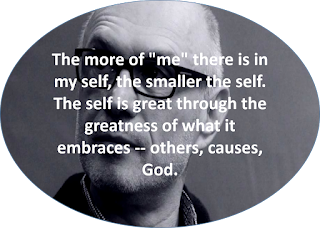
To qualify for the National Hardship Register,
you need to meet with a financial counsellor.
Photo: Supplied
For people who have no way of repaying their debts there is now a way to stop debt collectors calling and to have the debts waived.
Debt collectors and financial counsellors have created a register for those who cannot repay their debts.
Vulnerable consumers who are listed on the
National Hardship Register will have their debts waived after three years, provided they remain on the register for that period.
Fiona Guthrie, chief executive officer of
Financial Counselling Australia, says a consumer can be included on the register after being assessed by a financial counsellor in a face-to-face meeting as being in "such dire circumstances that they simply can't pay their debts".
The only debts that can be waived are unsecured debts, such as energy and telecommunications bills and credit cards; not debts such as a mortgage secured by property.
Once on the register, debt collectors have agreed to stop chasing the debts.
A pilot version of the register has about 160 people already listed.
Guthrie says most of these people are on very low incomes, such as disability support pensions. She says many have serious mental or physical health problems.
She says the register can be a much better alternative for those who cannot repay their debts than entering into debt agreements or voluntary bankruptcy.
The term "insolvency" is often used interchangeably with "bankruptcy".
Personal insolvency includes bankruptcies, but also includes debt agreements and personal insolvency agreements, which are options under the Bankruptcy Act where someone can repay their debts without going bankrupt.
However, if a consumer enters into, or even applies for, a debt agreement it is recorded on the consumer's credit report, which is available to any lender to whom the consumer applies for credit.
Bankruptcy lasts for three years and one day and, after that time, the debts are waived.
However, bankruptcy is put on the bankrupt's credit record for five years and is searchable on the government-run National Personal Insolvency Index forever.
Financial counsellors have long warned that those in trouble with debt should be careful of those companies that offer debt consolidation or debt repair services.
They usually charge high fees and if there is a default listed on your credit report that is stopping you from getting credit and it is accurate, the credit repair service cannot do anything about it.
A report released last year by academics at the University of Melbourne on the credit repair industry called for the sector to be regulated.
The report noted that these companies charge high upfront fees for services that consumers can do themselves or are available for free through financial counsellors and legal advice centres.
Everyone is entitled to a free credit report from the major credit agencies at least once a year.
Figures from the Australian Financial Security Authority show there was 28,288 personal insolvencies in Australia for the 2014-2015 financial year, including 17,163 bankruptcies.
































